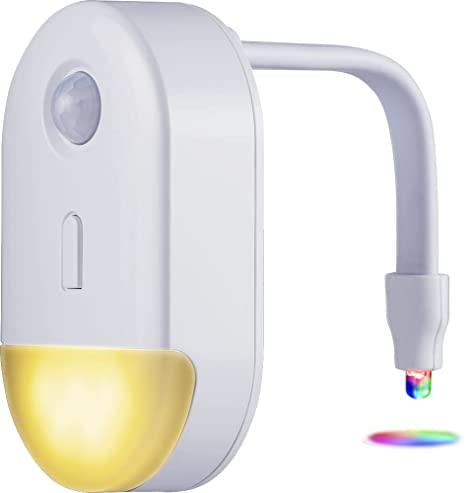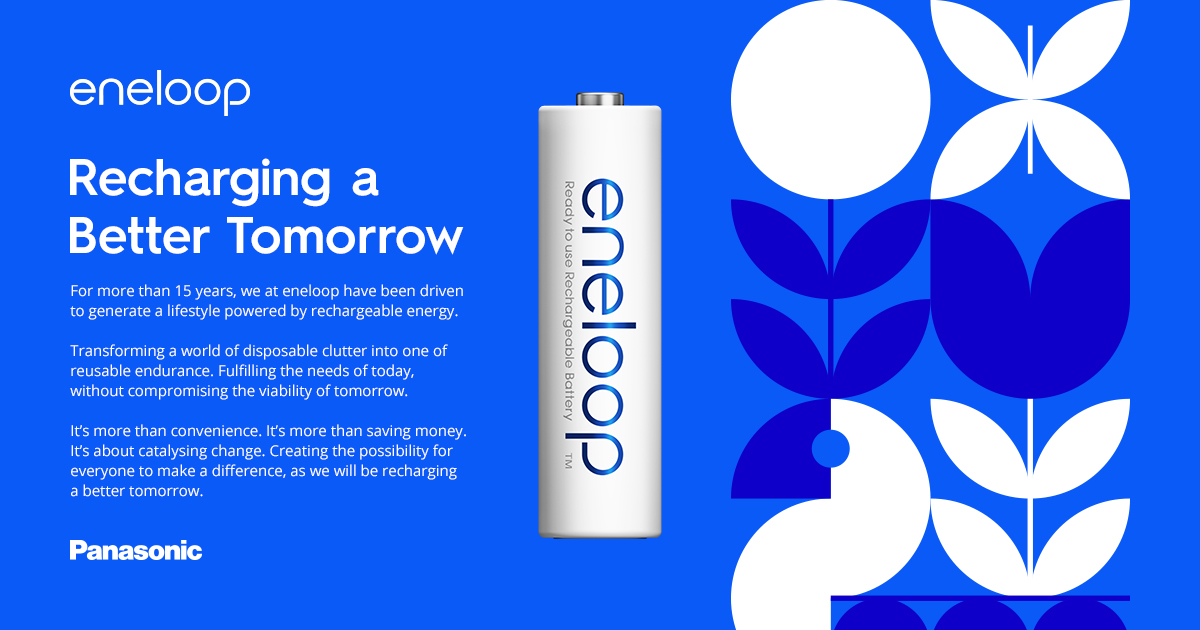You missed the 2008 Melamine Milk Scandal... it was a "big one" when I was terrorizing that Country.After seeing the dog food and baby food scandals, I don't trust any food that comes from China.
Loading…
www.ncbi.nlm.nih.gov
I was going to read All of this thread... But I decide that I was having Nothing of it. Much Paradox.

I need to find a new hobby.
Last Edited:













